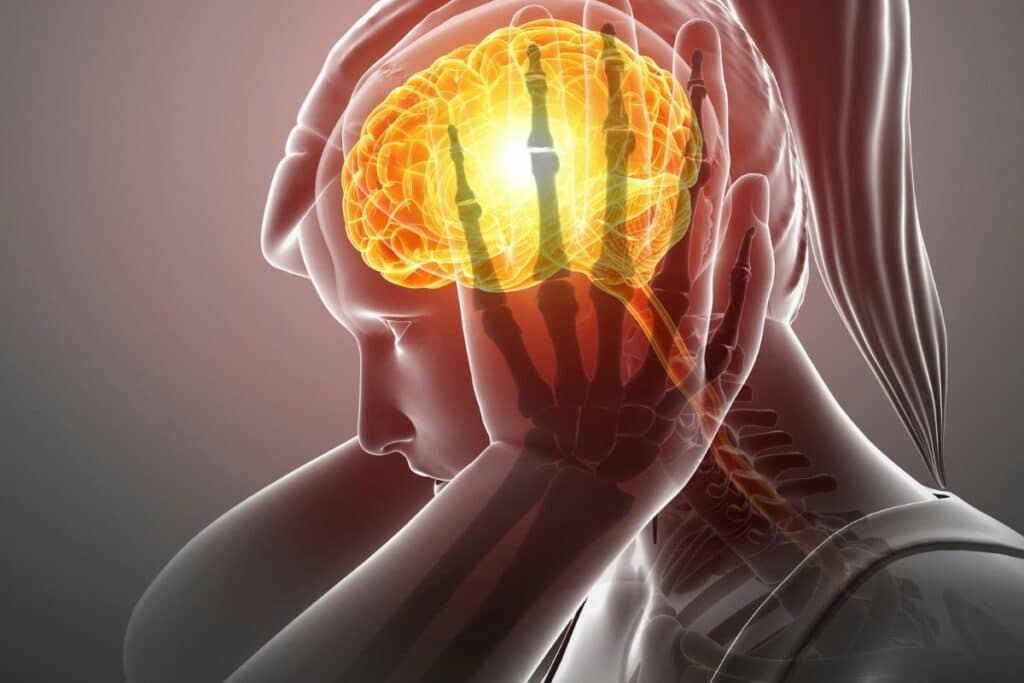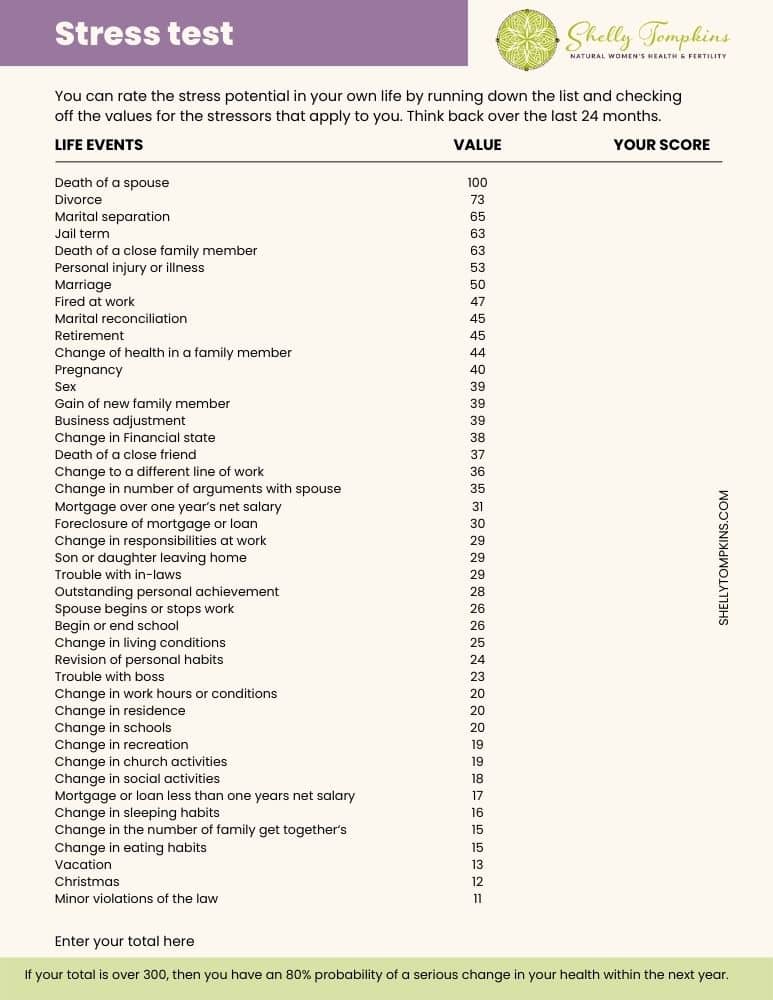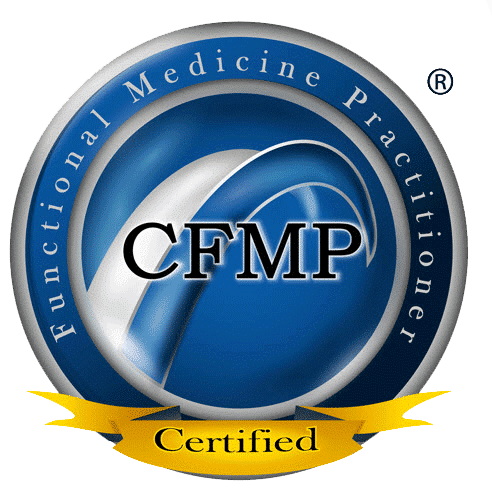We all experience stress from time to time. It’s a natural part of life and a sign your body is functioning normally. However, chronic stress can have long-term effects on the body and mind. Throughout the pandemic, many have experienced more stress than ever before. Not to mention the stress Covid can cause to the body. Taking a proactive approach to managing stress can help prevent illness and disease and improve your quality of life.
What is stress?
Stress is how the body reacts when feeling threatened or under pressure. It’s a normal human reaction and something everyone experiences when presented with changes or challenges.
When faced with stressors, the body produces physical and mental responses that equate to stress, helping the body adjust to new situations. Stress can be both positive and negative.
Stress keeps you alert and motivated, helping you avoid danger. For example, if you have a deadline at work, your body’s stress response may help your body work harder and stay awake longer.
However, when experiencing too many stressors without a period of relief, stress can negatively affect the body.

The body under stress
When under stress, the body activates the sympathetic nervous system. The sympathetic nervous system is known as the fight or flight response. In your brain, the hypothalamus tells your adrenal glands to release adrenaline and cortisol, your stress hormones. These hormones cause your heartbeat to rise and send blood to the areas that need it most in an emergency, such as your muscles, heart, and important organs.
When the perceived fear is gone, the hypothalamus should tell all systems to return to normal.
When a person experiences long-term (chronic) stress, the continued activation of the stress response causes wear and tear on the body, resulting in physical, emotional, and behavioral symptoms.
Symptoms of stress
Exhaustion or trouble sleeping
Sleep is essential for a healthy functioning body. When you sleep, the brain resets, helping the body “recalibrate and assimilate” the information you consume daily to help the body and brain regulate. Stress can cause you to overthink and worry, keeping you up at night and leaving you feeling groggy and tired the next day.
High blood sugar
When experiencing stress, the body releases more cortisol, the primary stress hormone. Elevated cortisol over long periods produces glucose, leading to increased blood sugar levels. Over time, this can lead to insulin resistance and Type 2 Diabetes.
Muscle tension, headaches, or jaw clenching
When you’re working on an important project or dealing with a stressful situation, you may find yourself clenching your jaw or experiencing pain and soreness or headaches. Muscle tension can be a reflex reaction to stressors and your body’s way of protecting itself from injury and pain. However, when stress becomes chronic, the muscles can constantly tense instead of releasing the tension when the stress passes.
Stomach or digestive problems
Have you ever experienced a stomachache, indigestion, heartburn, nausea, or diarrhea when stressed? When the body is in fight or flight mode, it prepares to protect itself by conserving functions that aren’t immediately needed for survival, including the functions of the digestive system. Unfortunately, chronic stress can lead to digestive upset, poor digestive health, and gastrointestinal issues.

Weakened immune system
Stress decreases the body’s lymphocytes present in the blood and interferes with normal white blood cell communication, which helps fight infection. If you have ever experienced a cold or illness during a stressful time in your life, this is why. Over time, this leads to a weakened immune system and increased susceptibility to illness and disease.
Anxiety, depression, or other mood disorders
It’s extremely common to become more irritable, anxious, or even depressed when stressed. Many factors can lead to mood disorders, including chronic stress. Mood disorders may also lead to physical issues such as difficulty concentrating, low appetite, and insomnia.
Irregular menstrual cycles, low libido, hormone disruption, and infertility
If you’re dealing with stress in your life, you may experience an early, late, or missing menstrual period. The constant rise in cortisol levels present with chronic stress can cause an imbalance in other hormones, leading to an irregular menstrual cycle, low libido, and possible infertility.
Other symptoms may include:
- Headaches, dizziness, or feeling shaky
- High blood pressure
- Aches and pains
- Chest pain or racing heartbeat
Strategies for stress relief
While you may be unable to eliminate all the stressors in your life, you can find ways to manage your stress through stress relief strategies and healthy coping mechanisms.
When dealing with stress, many turn to drugs or alcohol, gambling, overeating, compulsive, shopping, sex, or other unhealthy coping mechanisms. Instead, find healthy ways to cope with stress and bring your body back in balance.
Ways to manage stress
- Yoga or meditation, prayer
- Journaling
- Creating boundaries and learning to say “no.”
- Vagal nerve exercises
- Practicing gratitude

Diet and lifestyle support for stress relief
Eat regular, balanced meals.
Eating 3 regular, balanced meals each day helps your body work more efficiently and fuels your brain. A balanced meal includes a healthy protein, a good fat, and a complex carbohydrate. Getting the proper amount of nutrients is especially important when under stress. The body will use these nutrients to give you the fuel you need.
Preparing meals ahead of time can help to eliminate stress around meal time and ensure you get the nutrients you need each day.
Drink plenty of filtered water each day
I recommend at least 60 ounces of water each day and more if you’re drinking coffee, as it dehydrates the body.
Calming herbal teas
Calming tea, such as chamomile, can help the body relax and unwind at the end of the day and prepare for sleep.
Supplements
Depending on the source of stress and symptoms presented, there are several supplements that can help to lower cortisol, manage stress, and bring your body back to a state of balance. You can view my recommendations by clicking here.
Functional Medicine Lab Testing
Functional Medicine (FM) seeks to identify and address the root causes of disease and views the body as one integrated system, not a collection of independent organs divided up by medical specialties. Functional Medicine Lab Testing can help to identify the areas of concern and possible sources of stress in the body.
Acupuncture
Acupuncture works to relieve stress by encouraging the movement of Qi, or energy, in the body. After an acupuncture treatment, your body will feel more relaxed and your mind more at ease.
Stress Test – How do your stress levels measure up?
The Recent Life Changes Questionnaire (RLCQ) is an instrument that was developed to look at life change events and their impact on an individual [Click the image to download a PDF version]

Work with Shelly
When working with me, I utilize Functional Medicine to identify and address the root cause of your health concerns, viewing the body as one integrated system, so treatment is about addressing the root of the problem, not just the symptoms.
We will look at your diet, nutrition, and exposure to environmental toxins, as they can play a central role in your health and hormones.
I will evaluate your lab results, comprehensive medical history, lifestyle, and environmental factors, in conjunction with Chinese Medicine to help better understand your unique health needs, deficiencies, and imbalances. From there, we will find the ideal healing modalities to offer the solutions you need to feel and function your best in every stage of life.
If you’re dealing with chronic stress and struggling to find relief, schedule an appointment today. My goal is to help educate and empower you to find healing from within and live with balance!
References:
https://www.ncbi.nlm.nih.gov/pmc/articles/PMC2128619/
https://www.ncbi.nlm.nih.gov/pmc/articles/PMC5334212/
https://pubmed.ncbi.nlm.nih.gov/10431284/
https://pubmed.ncbi.nlm.nih.gov/22314561/
https://www.ncbi.nlm.nih.gov/pmc/articles/PMC1361287/
https://www.ncbi.nlm.nih.gov/pmc/articles/PMC5482282/
https://www.ncbi.nlm.nih.gov/pmc/articles/PMC4413117/








